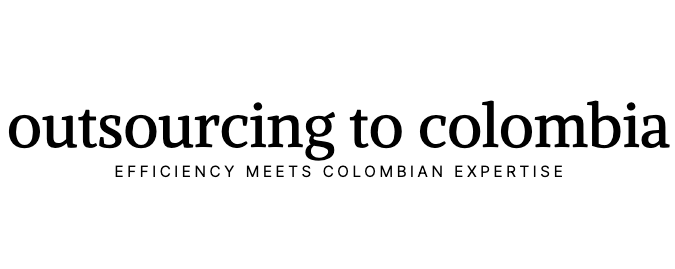1. Identify Your Hiring Needs
Begin by defining your business needs. Determine the number of agents required, the skills needed for each role, and the target languages (e.g., Spanish and English). Outline the types of services your team will provide, such as inbound customer service, sales, or technical support.
Consider roles beyond agents, including supervisors, trainers, and quality assurance specialists to support long-term success.
2. Source and Recruit Bilingual Talent
Colombia’s cities like Bogotá, Medellín, and Cali are home to universities and language institutes that produce bilingual professionals. Partner with local recruitment agencies to access this talent pool.
During the hiring process, assess candidates for both language proficiency and customer service skills. Conduct interviews in both languages to ensure fluency, and test for problem-solving and communication abilities.
3. Provide Comprehensive Training
Once hired, your team needs thorough training to perform at a high level. Cover the following areas in your training program:
- Product and service knowledge
- Customer interaction techniques
- Language-specific scenarios and cultural sensitivity
- Use of call center software and tools
Offer continuous language improvement programs to help agents maintain fluency and handle complex customer interactions.
4. Invest in the Right Technology
Equip your call center with reliable communication technology to support bilingual operations. This includes:
- Cloud-based call management systems
- Customer relationship management (CRM) software
- Tools for real-time translation and call monitoring
These tools enhance efficiency and help agents switch between languages seamlessly.
5. Foster a Collaborative Work Environment
Create a supportive environment where agents feel motivated to grow. Recognize top performers, offer mentorship programs, and promote opportunities for career advancement. This helps improve employee retention, which is crucial in the call center industry.
6. Monitor and Improve Performance
Regularly assess your team’s performance through quality assurance measures. Monitor key metrics such as first call resolution (FCR), average handling time (AHT), and customer satisfaction (CSAT). Provide feedback and coaching to help agents improve continuously.
7. Comply with Local Regulations
Ensure that your call center adheres to Colombian labor laws, including contracts, working hours, and employee benefits. Familiarize yourself with regulations related to data protection and customer privacy to build trust with both employees and clients.
Benefits of Building a Bilingual Call Center in Colombia
- Enhanced customer experience for both Spanish and English-speaking markets
- Cost-effective talent acquisition compared to North America or Europe
- Improved scalability to handle diverse business needs
By following these steps, you can build a bilingual call center in Colombia that strengthens your customer support operations and drives long-term business success.













